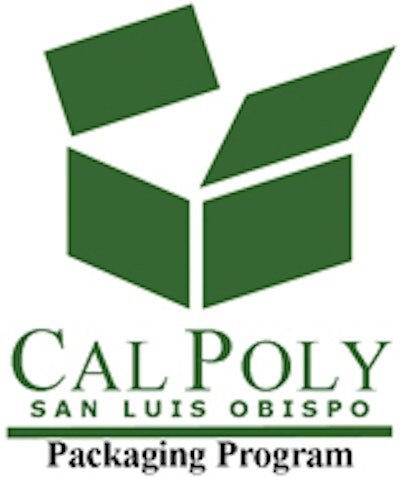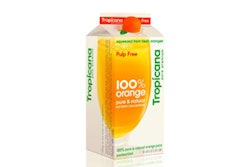These ordinances by local jurisdictions have prompted similar mandates
throughout California.
These and other governmental mandates are
driven, in theory at least, by the desire to bring about a world that
is more sustainable. But too often these mandates are driven by emotion
rather than by scientific data. It’s gotten to the point that the very
notion of sustainable packaging is at a crossroads. Companies offering
genuinely sustainable packaging solutions are seeing their would-be
customers hi-jacked by an excessive emotionalism that threatens to
undermine everyone’s credibility. Unscrupulous and opportunistic firms
make claims of sustainability that are either exaggerated or downright
untrue. Recent research has shown that products manufactured as “green”
may actually contribute more to greenhouse gases and landfill waste
than traditional substrates. Additionally, there is little oversight to
verify claims of post-consumer content or biodegradation as labeled by
the manufacturer.
As a result, a tension now exists between the science of sustainability
and a near-religious environmental zeal. Companies that invest in
legitimately sustainable products and those who peddle the illusion of
sustainability compete for the same customers, who struggle to
distinguish between the two. In many cases, companies that are
ethically compelled to deliver products that match their claims are at
a disadvantage to those that have seized the market’s apparent
willingness to assign altruistic motives based on environmental and
sustainable claims alone.
In lieu of a clear understanding of the market, this imbalance between
what the marketplace wants and what it gets will continue. At the
source of the conflict between cynical emotionalism and rational
product design is a fundamental misunderstanding of the marketplace.
While companies have raced to meet the perceived demand for
“environmentally friendly” products, they have neglected a fundamental
requirement of any long-term business success: a clear understanding of
the customers they look to serve.
To date there is no reliable and honest assessment of the market for
sustainable or environmentally friendly products. Various researchers
have attempted to forecast the size of the market, but this work is
often agenda-driven and tends toward optimistic assumptions about
customers’ willingness to pay for these products, with little
understanding of how customers make such decisions. Such an analysis is
not only required to target the right products using the right
messages, but to reliably assess return on investment in the design of
those products.
It’s time both buyers and suppliers of packaging materials tuned out—or
at least turned down—the emotional element that seems to have gained
the upper hand in our ongoing quest for greater sustainability. Let
science and thoughtful analysis shape the discussion.


























